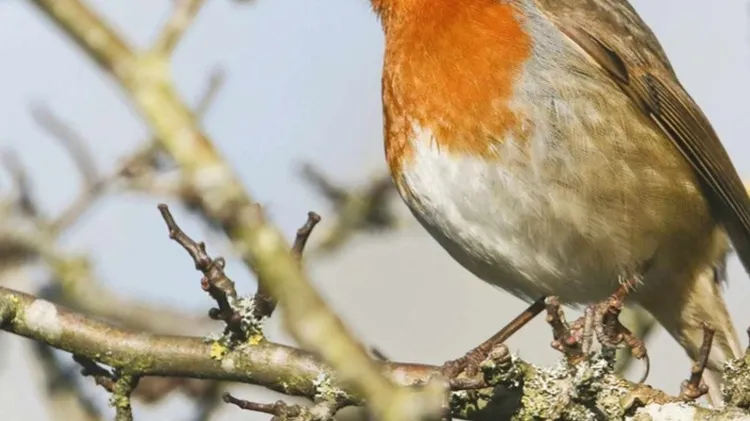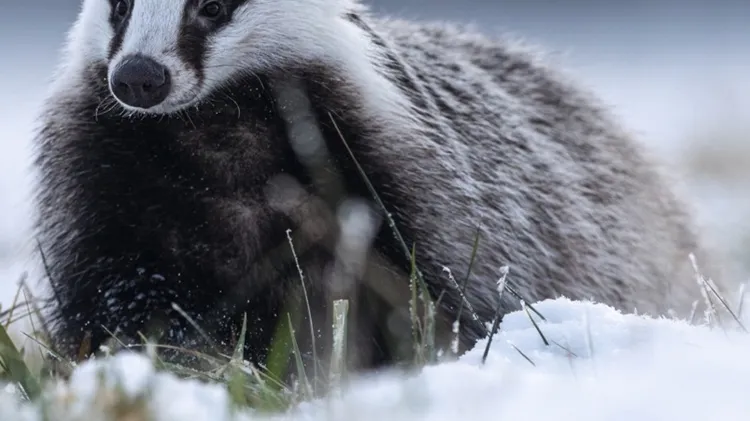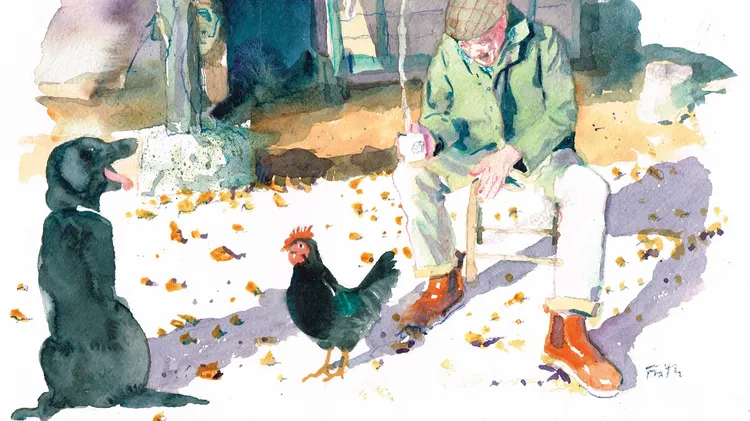“Our ancestors’ survival depended on being tuned into the wild world”
Gillian burke
2 min read
This article is from...
Read this article and 8000+ more magazines and newspapers on Readly






